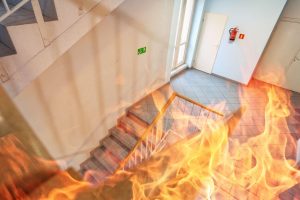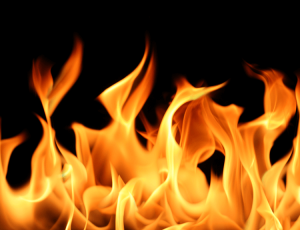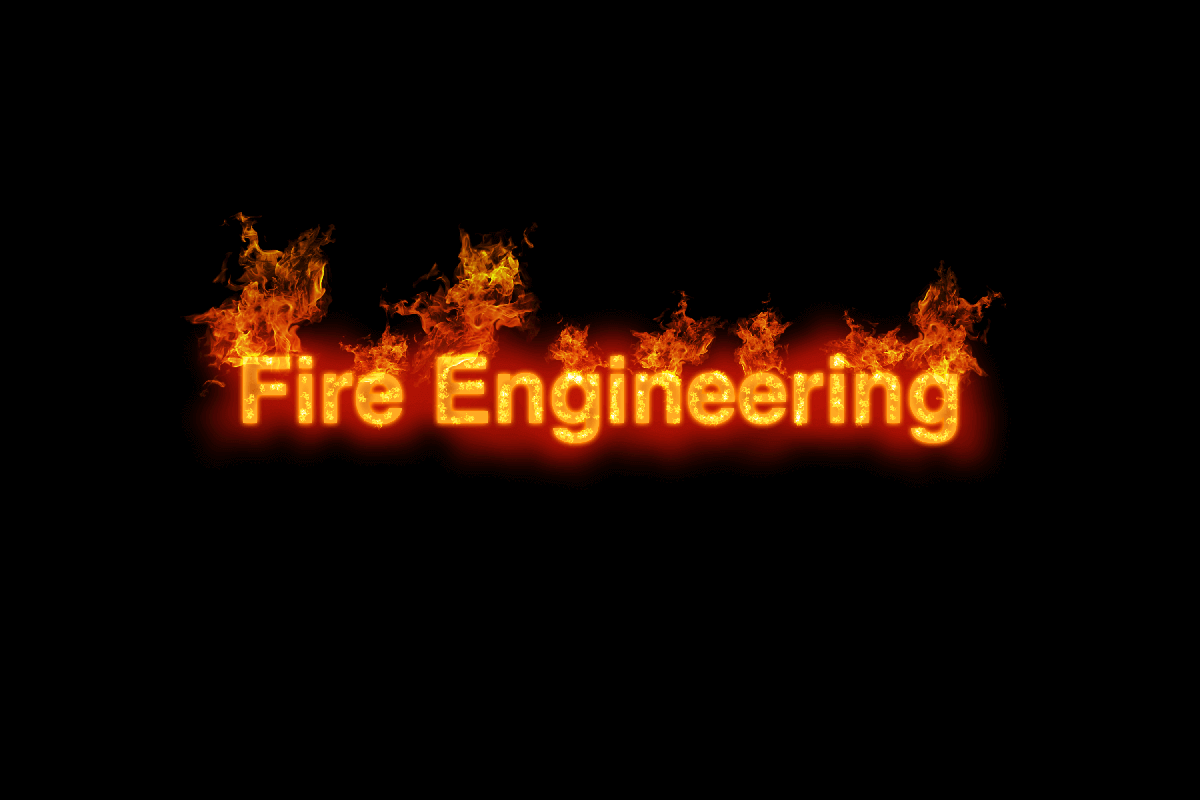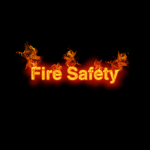Becoming a fire engineer is an exciting and fulfilling career choice. Fire engineers are responsible for ensuring that people and property stay safe from fires.
The job involves designing equipment used to fight fires, inspecting older buildings and structures for potential hazards, making recommendations for fire safety systems and procedures, risk assessment, liaising with local authorities, and much more!
The UK has strict requirements for becoming a qualified fire engineer; however, there are many routes available to help you get there. In this article, we will discuss how to become a fire engineer in the UK.
Contents
- 1 How you can get into the job as a fire engineer
- 2 What skills do you need to become a fire engineer?
- 3 What are the tasks of a fire engineer?
- 4 Becoming a Fire Engineer FAQ
- 4.1 What qualifications do you need to become a fire engineer?
- 4.2 What’s the best route to becoming a fire engineer?
- 4.3 What is a typical day like for a fire engineer?
- 4.4 Is there a lot of travel involved with this role?
- 4.5 What are the job prospects like?
- 4.6 What are the challenges of the role?
- 4.7 Do you need to be a firefighter to become an engineer?
- 4.8 What type of salary can I expect in this role?
- 5 Conclusion
How you can get into the job as a fire engineer
University course
A foundation degree, higher national diploma, or engineering degree can be followed by an undergraduate or postgraduate specialty in Fire Safety Engineering.
Alternatively, a specialist undergraduate degree in Structural and Fire Safety Engineering may be available. Work placements are offered on certain courses. This will allow you to gain industry experience and develop professional relationships.
College course
 You can pursue an engineering higher national certificate (HNC) or Diploma (HND) at college, which might aid you in getting a job as a trainee engineer. You’ll then go through additional training on the job to specialise in fire safety.
You can pursue an engineering higher national certificate (HNC) or Diploma (HND) at college, which might aid you in getting a job as a trainee engineer. You’ll then go through additional training on the job to specialise in fire safety.
Apprenticeship
You may study for a fire safety engineer degree and obtain your qualification by pursuing an apprenticeship. Once you’ve completed your degree apprenticeship, you might be able to join the Institute of Fire Safety Engineers (IFE) as an associate or member.
If you work in the fire sector already, you may be able to get an IFE professional qualification, such as Level 3 Fire Engineering Science Certificate Level 4 Fire Engineering Science Certificate Level 5 Fire Engineering Design Diploma
What skills do you need to become a fire engineer?
You’ll need the following skills and knowledge to become a fire engineer:
- expertise in engineering science and technology
- design skills and knowledge
- knowledge of building and construction
- To perform a thorough examination and pay close attention to detail
- analytical thinking abilities
- thinking and reasoning skills
- knowledge of physics
- competent computer usage and the essential software packages
- math skills are also required
What are the tasks of a fire engineer?
The day to day tasks of a fire engineer can include the following:
- Designing buildings with fire safety in mind: A fire engineer will design the layout of a building, ensuring that any potential hazards are identified and dealt with accordingly.
- Working closely with architects: A fire safety engineer works very closely with an architect to ensure all aspects of the structure’s design meet national standards for safe living conditions.
- Creating policies and procedures on how buildings should be used to avoid any risk of fire: A qualified engineer will also ensure that there are policies and procedures in place to prevent any incidents or fires.
- Keeping up-to-date with industry standards, legislation changes, and new products: The field is evolving all the time; fire safety engineer needs to be aware of these developments so they can ensure their workplace and clients are up to date.
- Carrying out risk assessments: A fire safety engineer will assess the risks associated with a certain activity or event and make recommendations accordingly.
- Providing expert witness testimony: In some cases, a fire safety engineer may be called upon to provide expert witness testimony in court proceedings.
- Inspecting older buildings and structures for potential hazards: Many older buildings and structures may not meet the latest safety regulations. A fire engineer will be called in to assess these and make recommendations for improvement if necessary.
- Making recommendations for fire safety systems and procedures: A fire safety engineer will make recommendations for any additional fire protection systems or equipment required to meet the latest standards.
- Use computer modelling to understand how fires start and spread: A fire safety engineer will use computer modelling to understand how fires start and spread.
Becoming a Fire Engineer FAQ
What qualifications do you need to become a fire engineer?
To become a fire engineer in the UK, you’ll need to have a degree or equivalent qualification in engineering science. You may also need a certificate (HNC) or Diploma (HND) at college, which might aid you in getting a job as a trainee engineer. You’ll then go through additional training on the job to become a fire safety engineer.
What’s the best route to becoming a fire engineer?
 As there are no set routes into this role, most people start as engineers or trainee technicians and then move on to become qualified in their field of expertise. Most will also undertake further studies at college (HNC) or university (BEng or MEng degree) to build on the knowledge acquired at school and in their job.
As there are no set routes into this role, most people start as engineers or trainee technicians and then move on to become qualified in their field of expertise. Most will also undertake further studies at college (HNC) or university (BEng or MEng degree) to build on the knowledge acquired at school and in their job.
What is a typical day like for a fire engineer?
A fire safety engineer typically spends time researching, designing, inspecting buildings or structures, writing reports, and carrying out risk assessments that determine how safe it would be if there were an emergency such as a fire. They may also give presentations or be required to provide expert witness testimony in court proceedings from time to time.
Is there a lot of travel involved with this role?
There is no set answer as the job roles can vary greatly, but it’s not unusual for fire engineers to have to travel within the UK and sometimes overseas if they are working for a multinational company.
What are the job prospects like?
According to online statistics, there is currently an increased demand in this field of work as buildings become more complex and people’s living conditions change. The government also recently announced plans to improve fire safety regulations even further so it seems that being a fire engineer will be secure over the next few years.
What are the challenges of the role?
The main challenge for a fire engineer is to stay up-to-date with industry changes, as well as current legislation and best practices. They also need to be able to effectively communicate their findings in reports and presentations so that everyone involved can understand them.
Do you need to be a firefighter to become an engineer?
No, you don’t need any previous experience as a firefighter. You will also not have to go through the same training that firefighters undergo on top of your studies and work experiences before becoming accepted into this field. However, it can help if there are some firefighting courses under your belt.
What type of salary can I expect in this role?
The average annual wage for a fire safety engineer is around £40,000 to £45,000. Of course, there are variations with larger fire engineering companies paying more than smaller ones and vice versa. You may also be able to gain bonuses or commission on top of your basic salary.
Conclusion
The role of a fire engineer is ever-growing and evolving; it’s an exciting career path to pursue. If you have the skills and knowledge required, we recommend you explore the different routes available to you and get started on your journey today.




